Sneak peek: One key aspect of toddler emotional development is learning to cope with emotions. Research provides valuable insights into how we can support boys, in particular, in learning to manage big toddler emotions.
If you are a parent of a young boy, you know that, despite the cultural stereotypes, boys feel strong emotions just as much as girls. Unfortunately, in our society, we often (perhaps unwittingly) encourage boys to hide their emotions or “be a man.” I think more awareness of this issue has emerged in recent years, but it is still an important topic to consider when thinking about toddlers’ emotional development. Helping young children understand and cope with big emotions is a key component of toddler development.
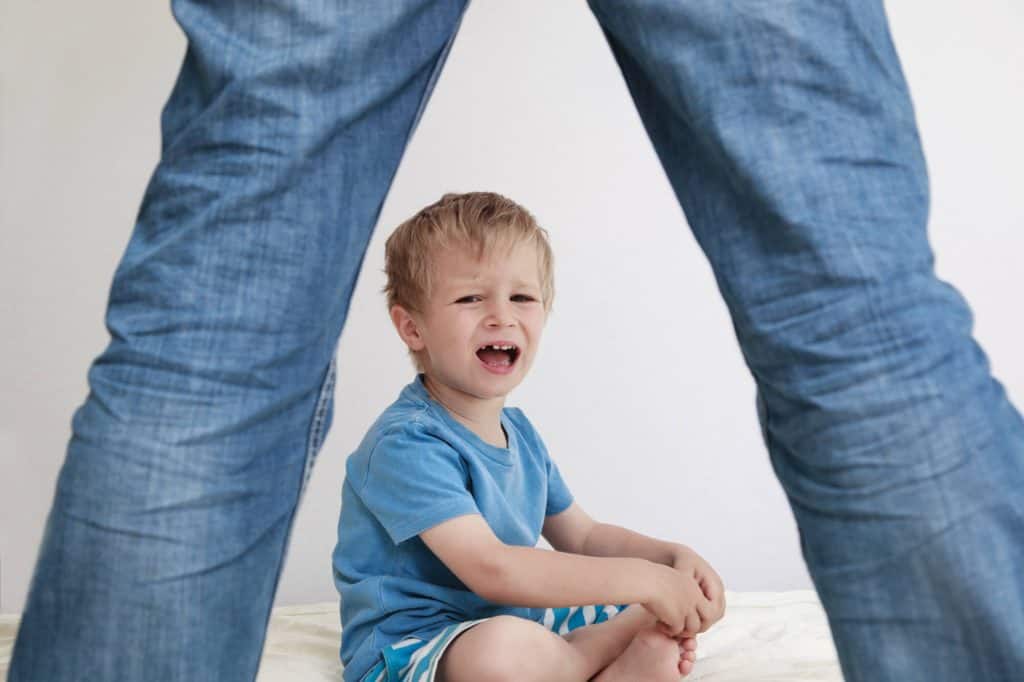
This post contains affiliate links. When purchasing through these links, this blog receives a small commission (at no added cost to you). Thanks for your support!
Research on Toddler Emotions
New research is shedding light on the importance of helping young children, especially boys, learn how to cope with their powerful emotions. Researchers at the University of Illinois investigated how parents reacted to their toddlers’ negative emotions (e.g., anger and social fearfulness). Two possible parental reactions that were examined included:
- minimizing the child’s emotions (e.g., saying, “stop acting like a baby”)
- punishing the child for their emotional outburst (e.g., sent to room or having a toy taken away)
The results indicated a clear association between parents punishing their child for their emotions and a greater chance of the child being withdrawn or anxious at a later time point. Perhaps most importantly, this finding was stronger for little boys, especially those who experience more frequent negative emotions. Researchers point out that when parents punish children for negative feelings, they soon learn to hide their emotions and can become withdrawn or anxious. In other words, punishing emotions doesn’t do anything to actually help them deal with big toddler emotions.
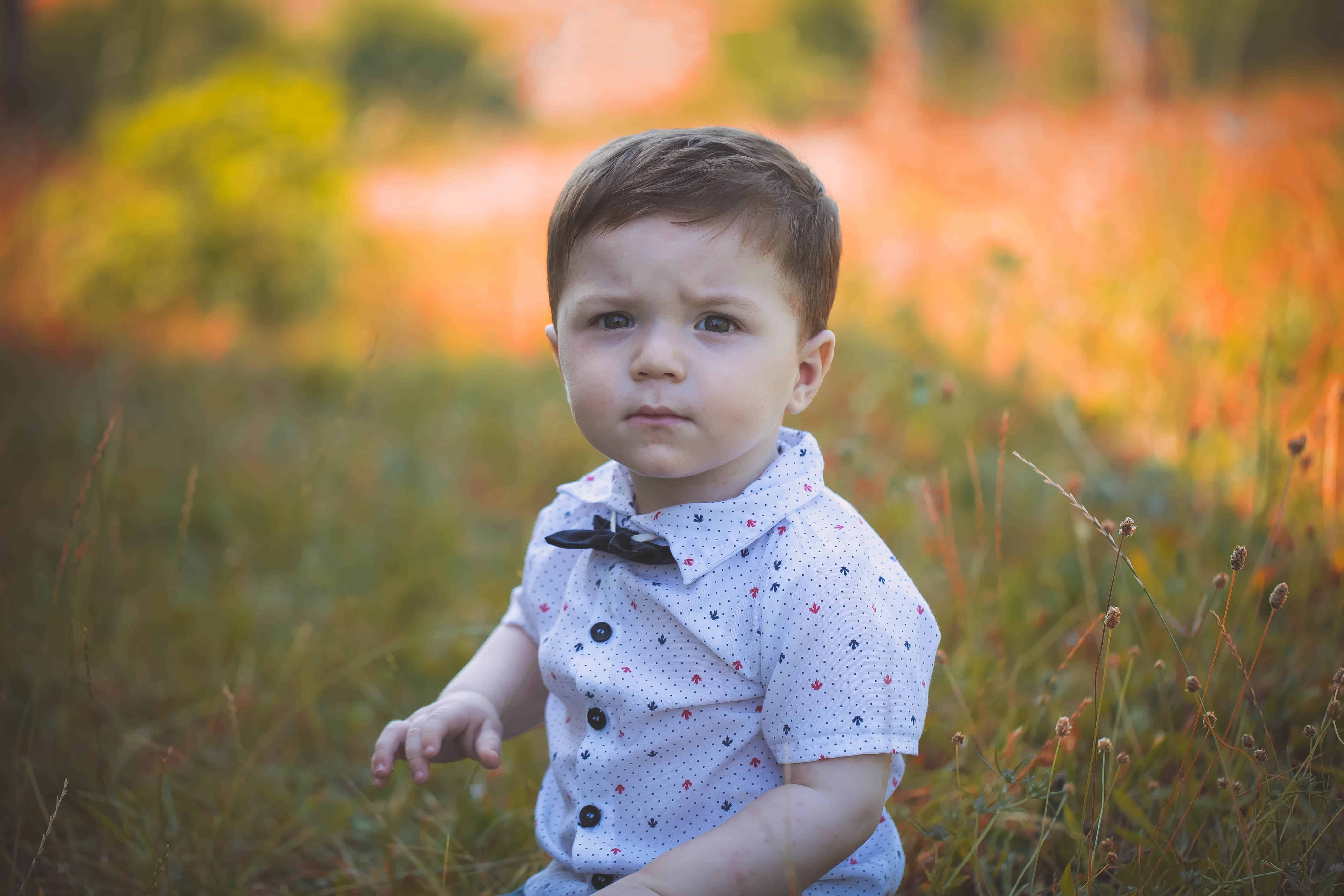
As parents of young children, we deal with emotional toddlers every day. As an adult, this is mentally and emotionally taxing. Sometimes it may seem easier to punish or scold your child for their outburst rather than helping them cope with their emotions.
You may also enjoy: Social-Emotional Development: The Ultimate Guide for Parents
This research clearly shows, however, that remaining calm and talking with your child to help them understand their strong emotions will aid them more in the long term. Toddlers are sometimes overwhelmed by the strength of their emotions and they need our help. We have the opportunity (as challenging as it is) to model for them how to cope with difficult emotions—this is a key part of social and emotional development in early childhood.
How Can I Improve My Toddler’s Emotional Development?
In the heat of a tantrum, it’s often difficult to think about the best way to respond calmly to our toddlers. That’s why it’s often helpful to consider beforehand what your larger goals are for your child’s development. Keeping this big picture in mind is a useful approach in helping us prioritize how to handle day-to-day interactions.
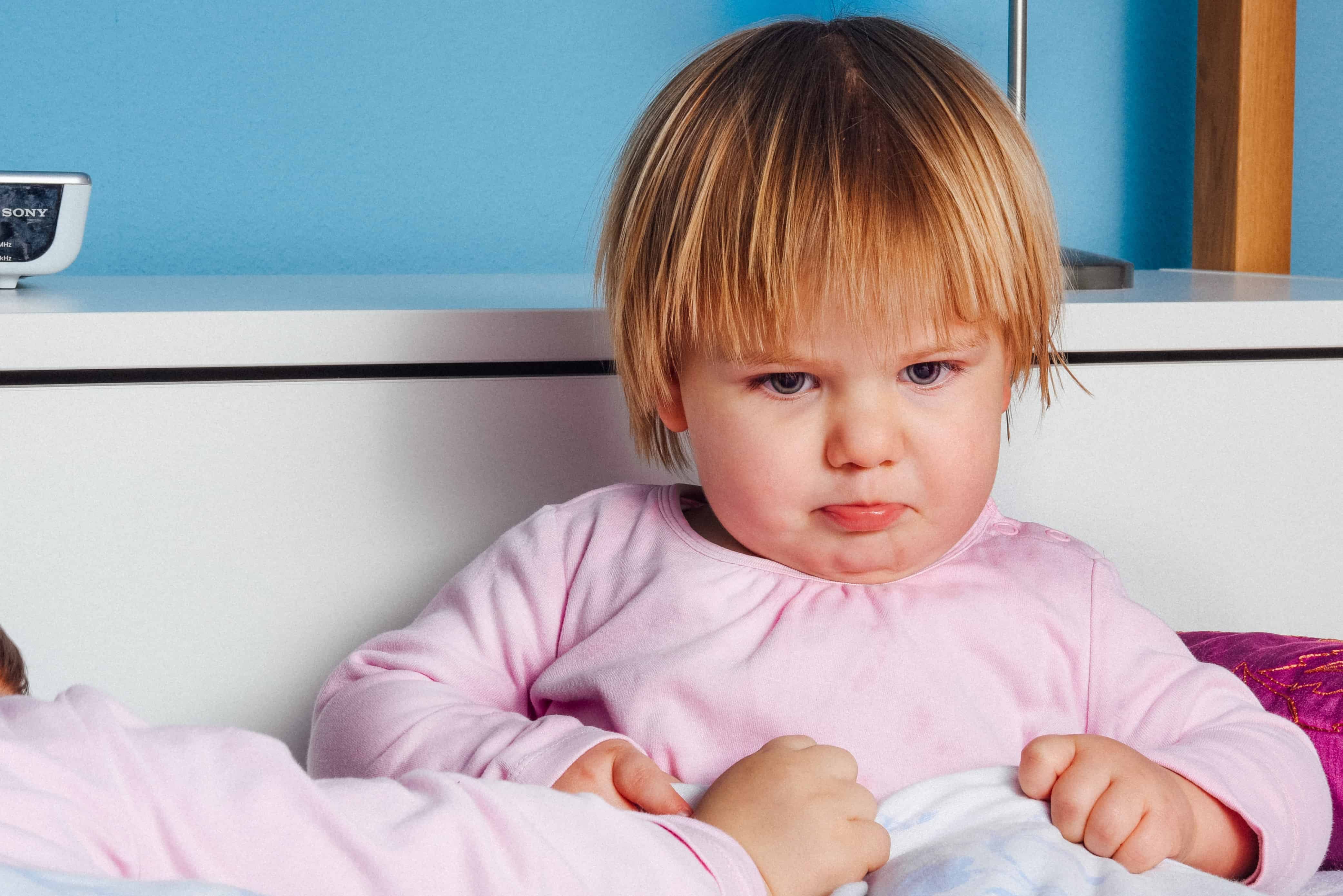
For example, if we prioritize emotional development over blind compliance (and quiet) then we can help our kids learn the emotional regulation skills they need to cope with big toddler emotions.
Here are a few ideas for how to foster emotional development in toddlers through daily interactions:
Set limits on behaviors, not emotions
This is one of the core facets of positive parenting that has been an “aha” moment for me. We can set firm limits on behavior while at the same time supporting kids’ emotional needs.
For example, we can tell our kids that it’s okay to be mad at your sister for taking your toy, but we don’t hit each other.
You are allowing for their toddler emotions to be expressed (anger) but we are setting limits on inappropriate behavior (hitting). While subtle, this distinction can really help our kids understand that emotions are just emotions; they are part of the human experience. We can learn to cope with emotions in healthy ways, but they don’t have to control us.
Focus on a Time-In Rather Than a Time-Out
Many parents trying to incorporate a more positive parenting approach have begun to use a time-in corner or calming corner. The idea of a time-in is that it provides the child with a designated place and time to practice their own self-regulation. Traditionally, a time-out is a period of time when kids are left alone as a form of discipline for misbehavior. In contrast, a time-in can be solitary or not, but includes tools or practices for kids to learn to calm themselves.
Related reading: Finding Meaning in the Mayhem: How to Spot (and Survive) a Toddler Growth Spurt
A time-in spot (or calming corner) might have books about emotions, sensory items (stress ball, etc.) or other calming tools. In addition, you may have to practice with your child certain breathing techniques or exercises they can do to calm down during a time-in.
Perfect example of a calming corner
Offer emotional tools to help kids cope
As parents, we often forget that young children don’t have the tools to cope with big emotions. We adults know that we need to go for a walk to blow off steam or go talk to a friend when we have a problem. Young children usually do not have these emotional tools in place…yet. Part of our job as parents is to help them build these skills to cope with big emotions in positive ways.
We can offer suggestions for how to cope with emotions that aren’t destructive: “You can ask for the toy back instead of hitting your sister.”
Other helpful calming techniques to foster toddler emotional development:
- breathing techniques (e.g. pretzel breath, balloon breath)
- exercising to release stress and emotions: run outside, run up and down the stairs, etc.
- reading books about emotions and coping techniques:
Take time to reconnect
It may not seem like it to us, but toddlers’ big emotions kind of scare them at times. They feel out of control and sometimes don’t have enough emotional development to know how to calm themselves. We can step in and explain the emotions: “You were so sad when we had to leave grandma’s house.” Comforting a child during an emotional outburst isn’t “rewarding” their behavior. It’s simply offering them a way to regulate before they have the skills to do it all on their own.
Over time, this explanation of emotions will help build their understanding so that when they are more mature, they can calm themselves down. Your language and calming presence will eventually become their internal voice.
We all know that toddlers lose their cool easily. It’s part of being a little person learning to live in a big world that they don’t completely understand. This research on toddler emotional development reminds us once again that a calm, responsive approach to their big emotions is the way to their heart and mind. The more we can help them learn strategies to cope with big emotions, the more likely they will grow up to live a healthy emotional life.
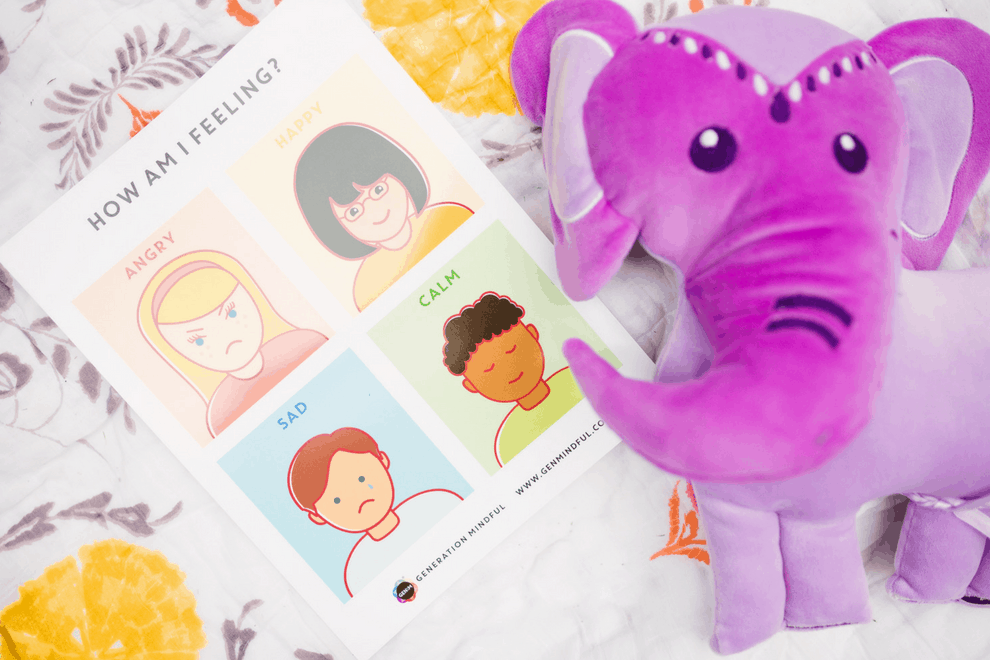
Toys and Games that Teach Emotional Skills
Looking for more ideas on how to set boundaries with kids (while building emotional skills)? Sign up as a paid subscriber for my Substack newsletter (it’s less than a cup of fancy coffee) and get access to this printable: Positive Discipline Scripts, and the full library of printables for families.
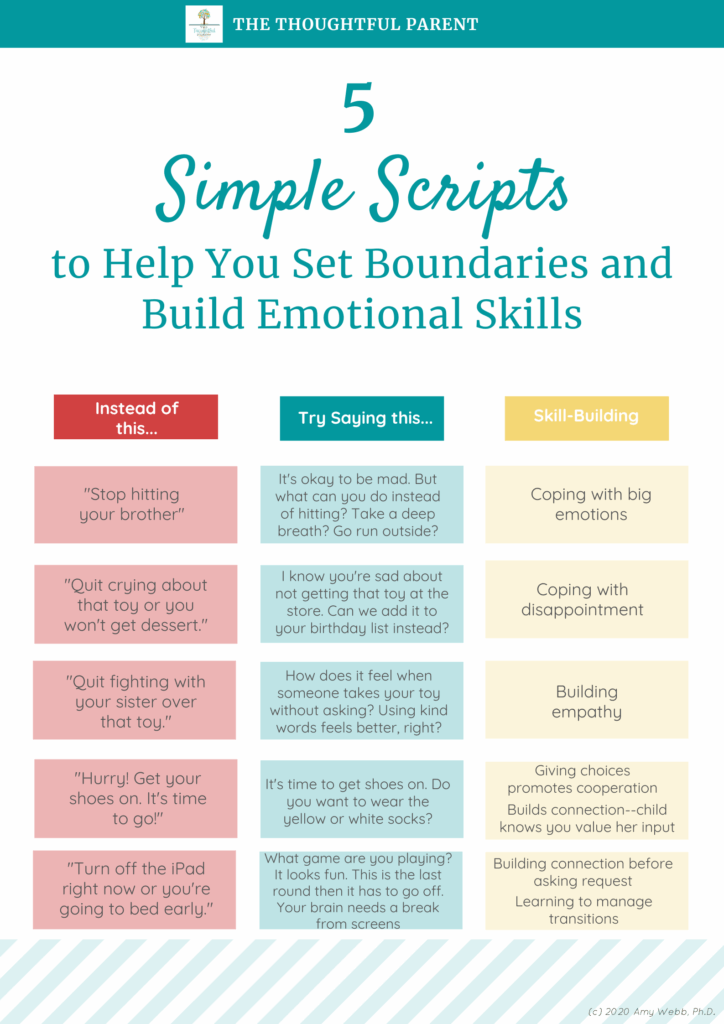
Related Resources:
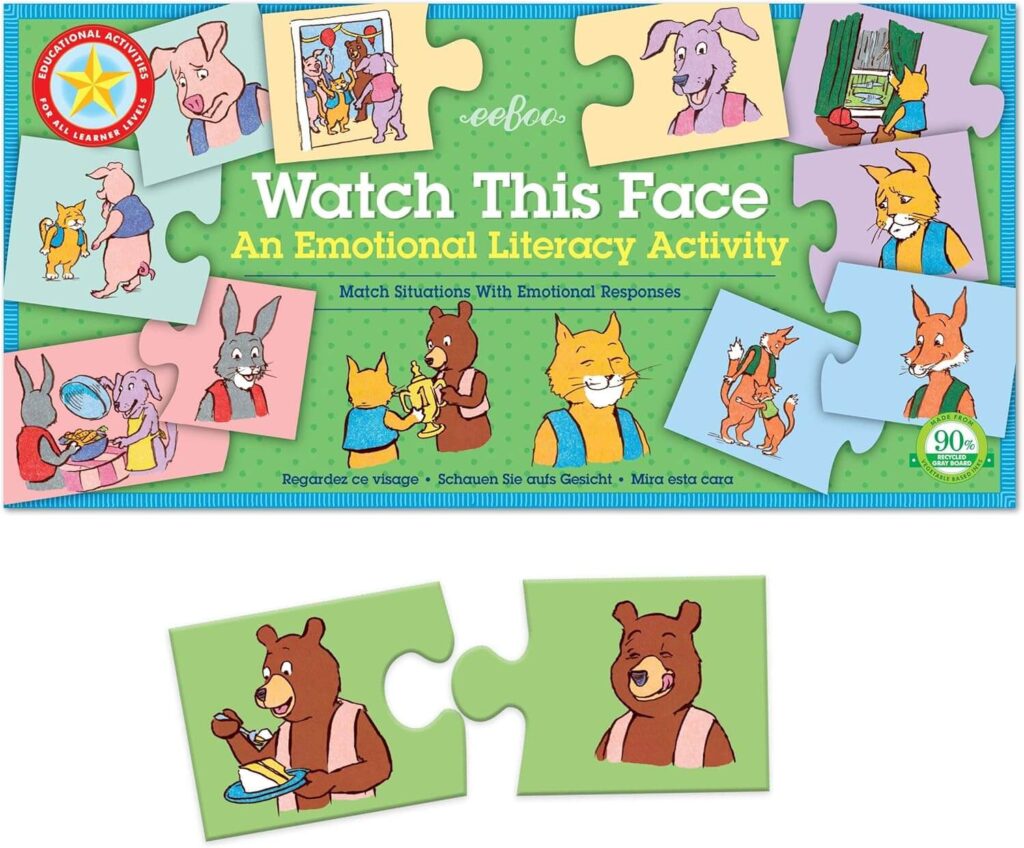
Perfect for Pinning:
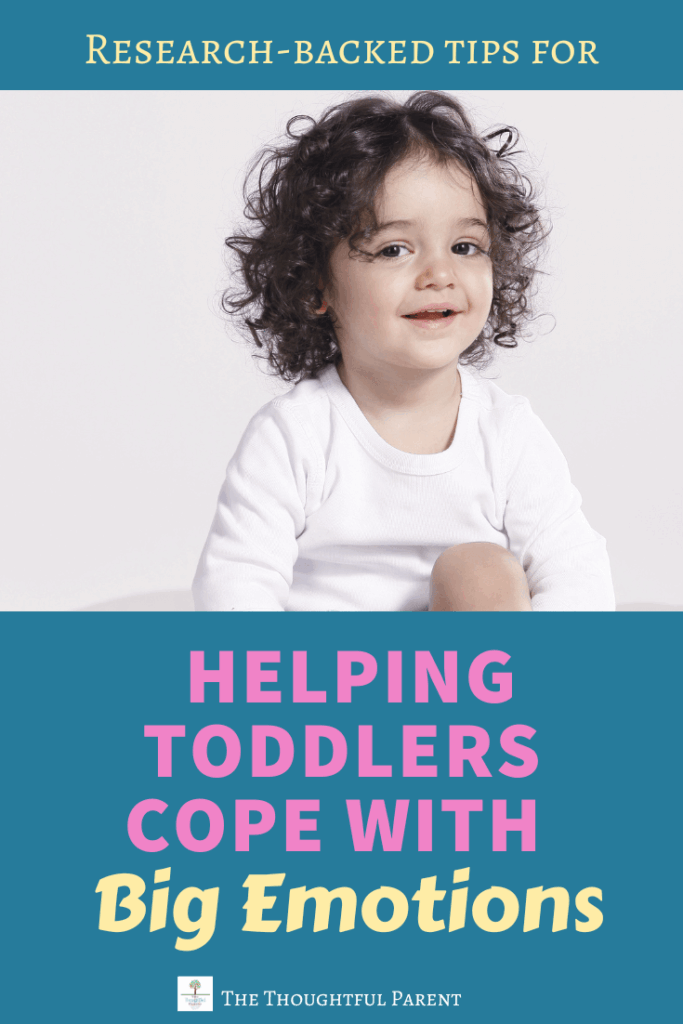
Engle, J., & McElwain, N. (2011). Parental Reactions to Toddlers’ Negative Emotions and Child Negative Emotionality as Correlates of Problem Behavior at the Age of Three Social Development, 20 (2), 251-271 DOI: 10.1111/j.1467-9507.2010.00583.x

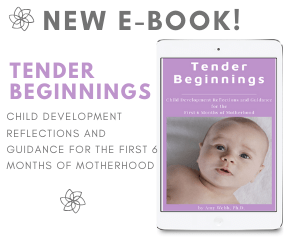

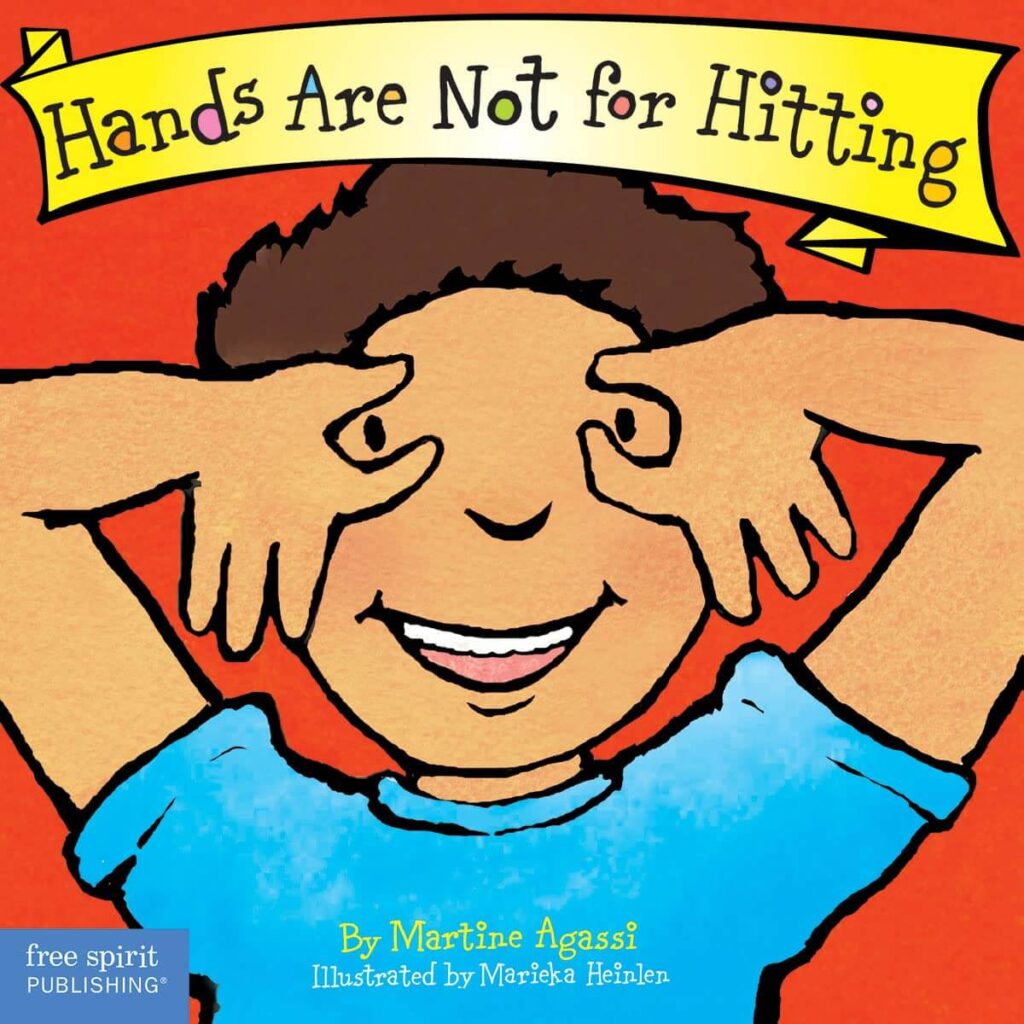
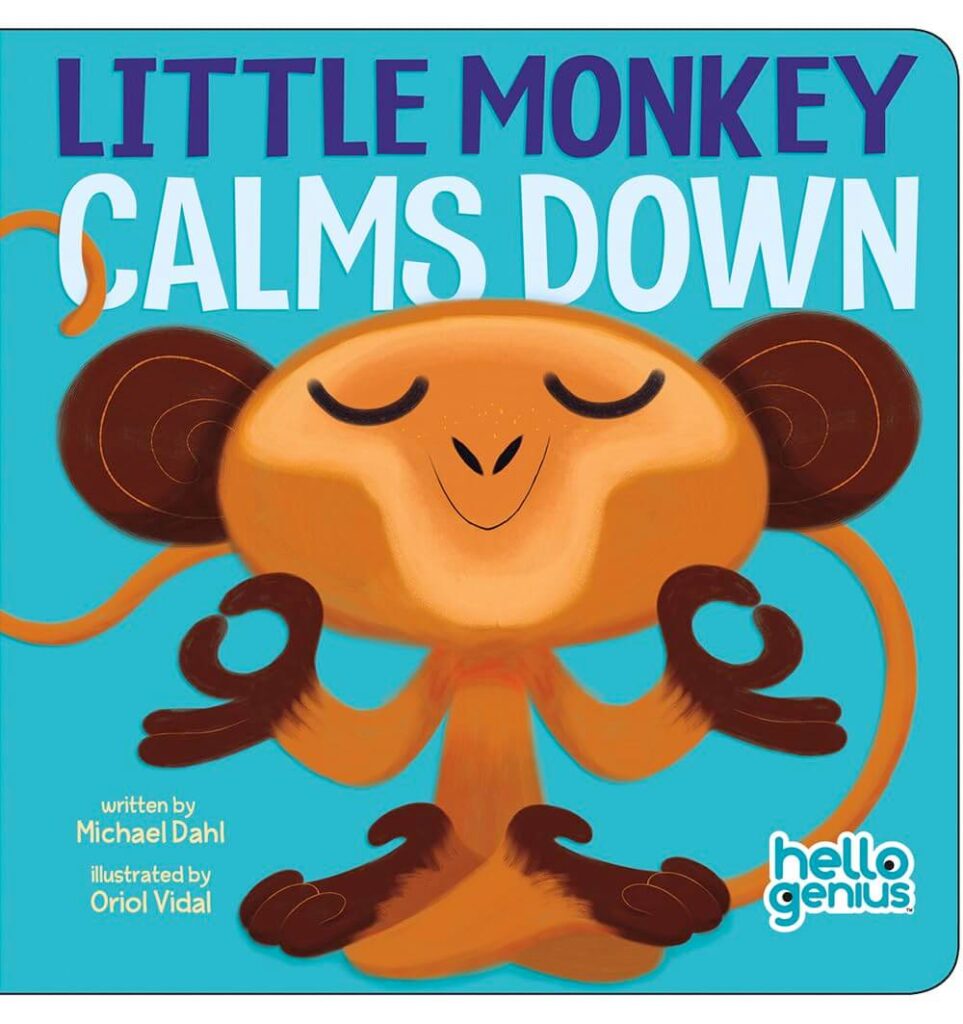
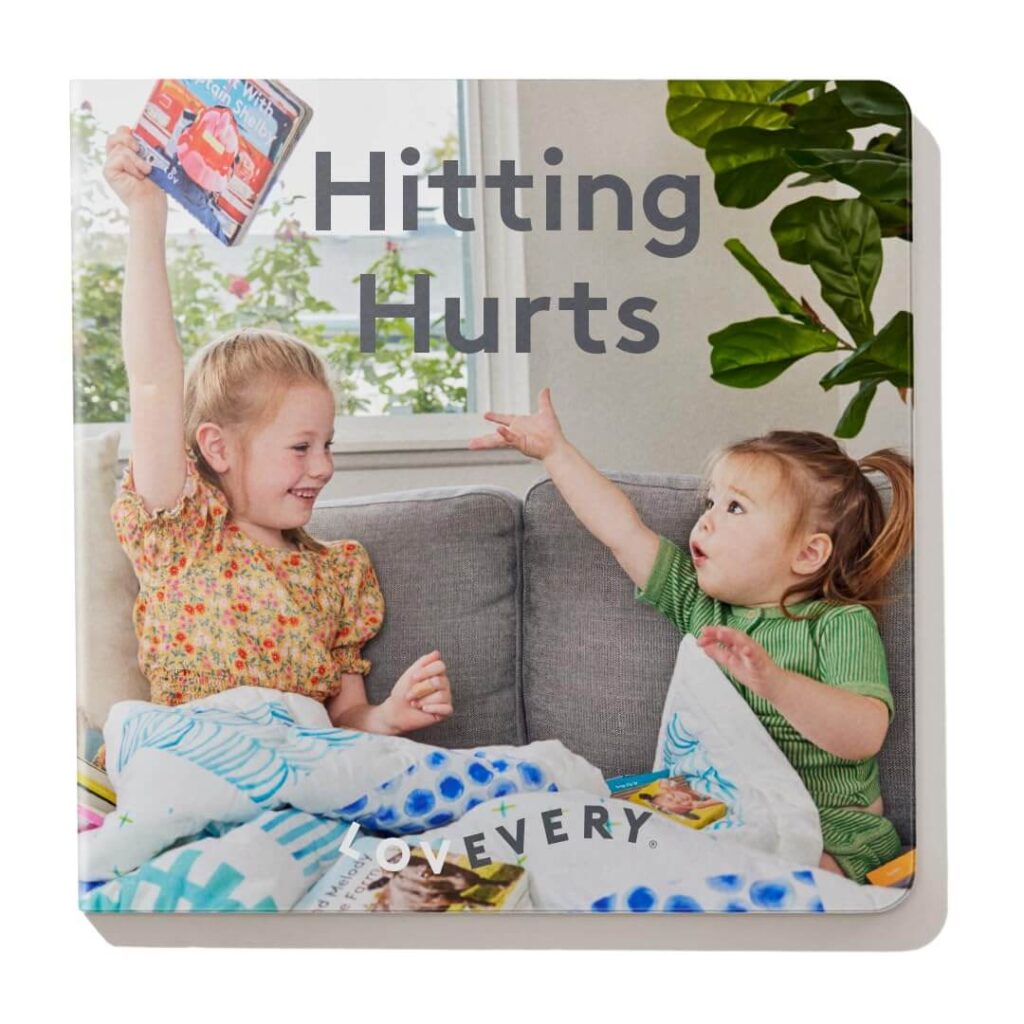
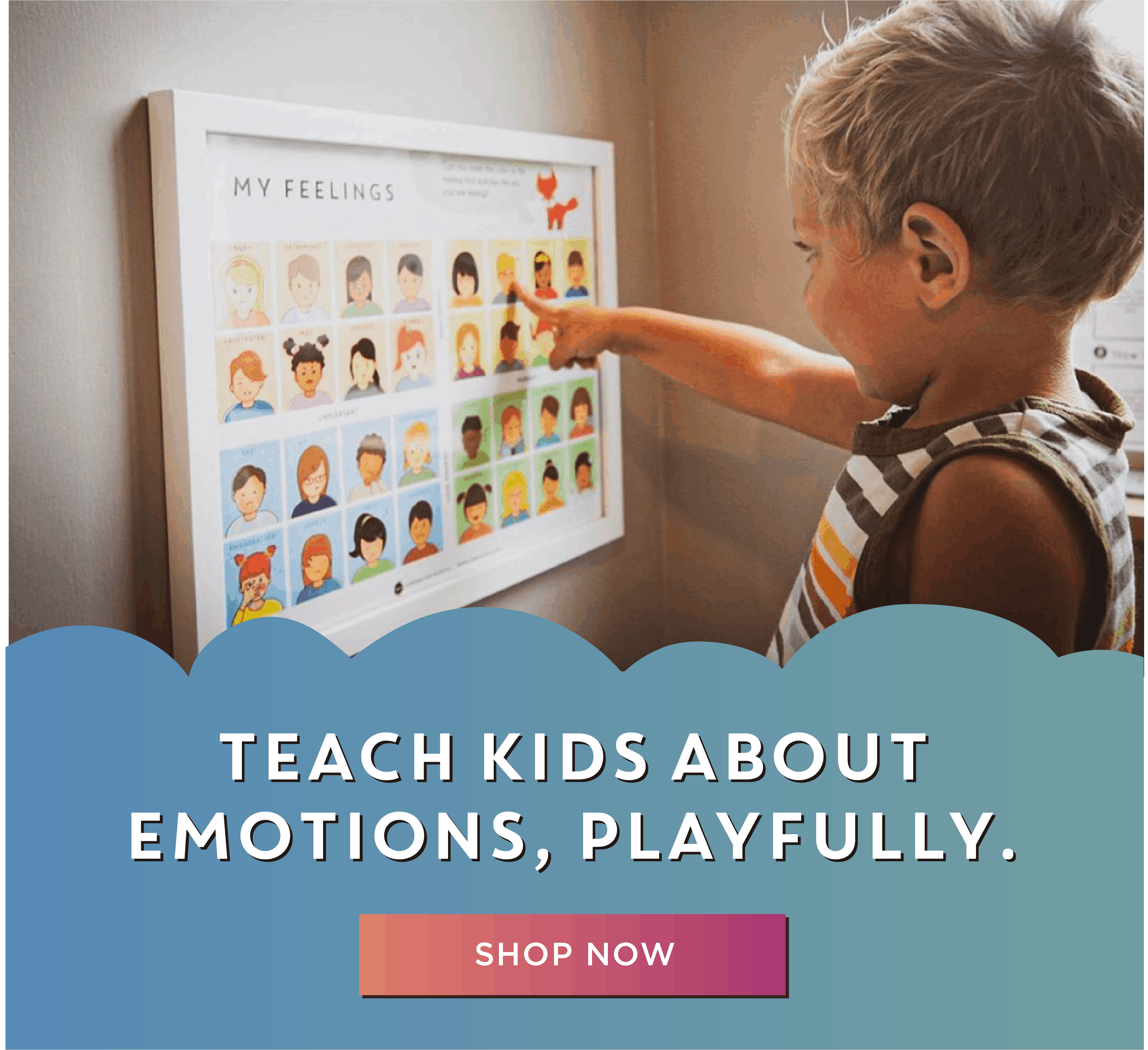
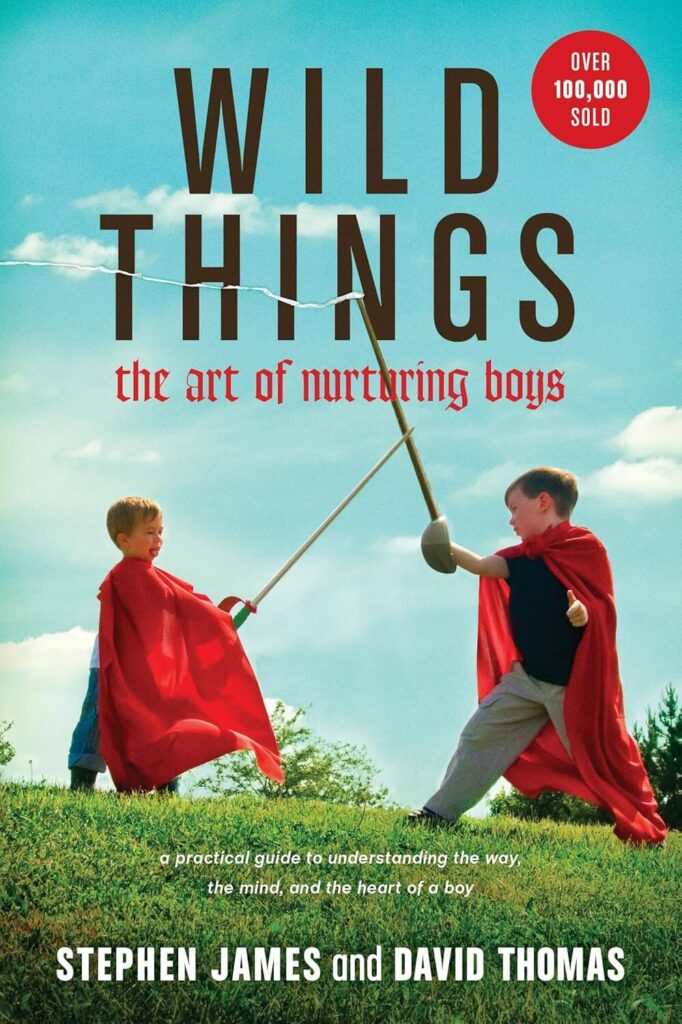
Jevette
This is such a beautiful read. I will implement your strategies at home and in my classroom. Thanks!